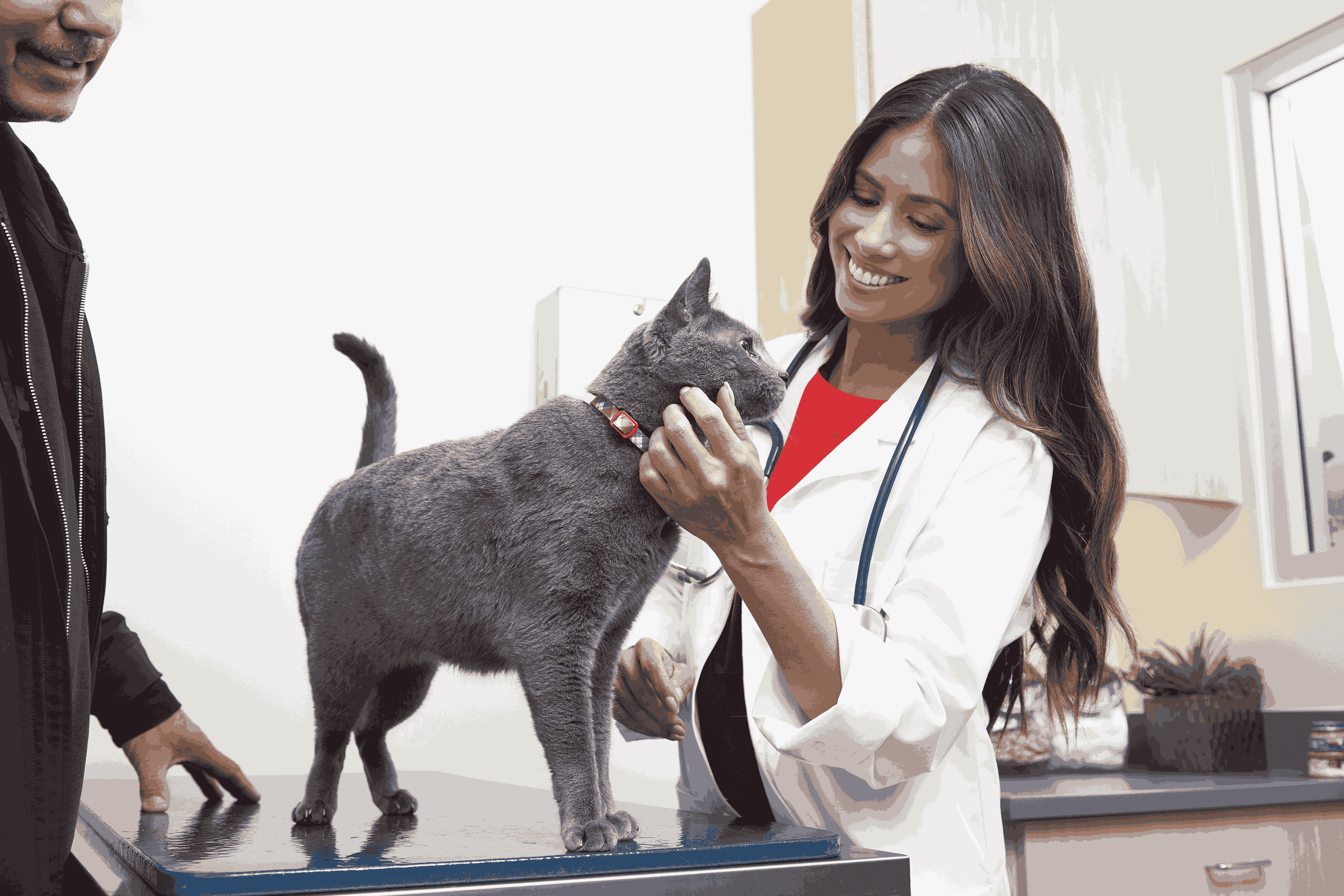My guinea pig won't eat or drink
Updated On April 5th, 2015
Pet's info:
This question includes photos that may contain sensitive content. Click to view.
View more to consider that the photos may include sensitive content.

1 Answer

Answered By Laura E. McRae 53
Veterinary Technician
A [guinea pig](https://www.petcoach.co/article/what-you-need-to-know-about-your-new-guinea-pig) that is not eating or drinking needs to be seen by an exotics species veterinarian ASAP. Your guinea pig is at risk of developing (or may already have) a medical condition called Gastrointestinal Stasis (GIS). Without treatment, this can be a fatal condition. GIS is a common condition in guinea pigs and rabbits. Gastrointestinal stasis occurs when the normal emptying of the stomach and passage of food through the intestinal tract slows or stops. Food, fur, and other ingesta then accumulates in the stomach. Without sufficient water intake, the stomach contents become dehydrated, making passage of the contents even more difficult. Anything that causes your guinea pig not to eat/drink, such as disease, dental disease, pain, stress, or starvation, can lead to gastrointestinal stasis. Be sure to have your vet check your guinea pig's teeth for overgrowth or misalignment. A guinea pig's teeth are constantly growing. He or she must chew constantly to keep them trimmed. If not they can quickly become overgrown which will affect the appetite. Until you can get to your veterinarian for treatment, it is important to encourage your guinea pig to eat and drink. Some guinea pigs will readily drink fruit-flavored electrolyte replacement solutions, such as PediaLyte or Gatorade, from a syringe. Offer your guinea pig a [balanced diet](https://www.petcoach.co/article/things-to-know-about-feeding-your-guinea-pig) including a large selection of fresh greens such as cilantro, romaine lettuce, parsley, carrot tops, dandelion greens, spinach, collard greens and good-quality grass hay. Don't forget to supplement with [Vitamin C](https://www.petcoach.co/article/guinea-pig-vitamin-c-requirements). Your vet may recommend syringe-feeding a special herbivore diet, such as [Oxbow Critical Care](https://www.oxbowanimalhealth.com/our-products/professional-line/critical-care), or you can mix ground up pellets with fresh greens, vegetable baby foods, water, or juice to form a gruel. Introduce the syringe tip into the mouth behind the front incisors and depress the plunger slowly, giving your guinea pig time to swallow. If your guinea pig is still mobile, encourage exercise for at least 10–15 minutes every 6–8 hours, as activity promotes gastric motility.
170Pet Parents found this answer helpful
Other Answers
Two Easy Ways to Start Earning Rewards!
Become a member today!Members-only pricing and offers, personalized care notifications, Vital Care points back on every purchase and more!Become a credit card member today!
Earn 2X Pals Rewards points at Petco
when you use Petco Pay!APPLY NOWLearn More About Petco Pay Benefits
